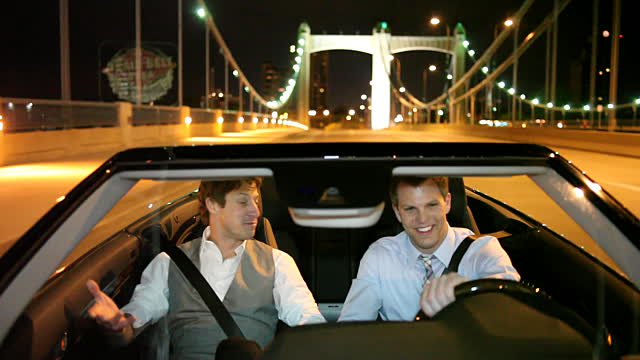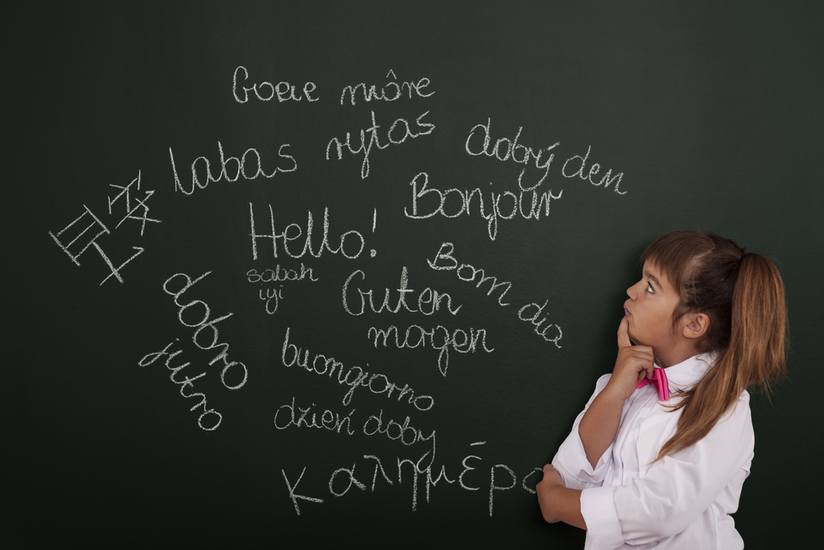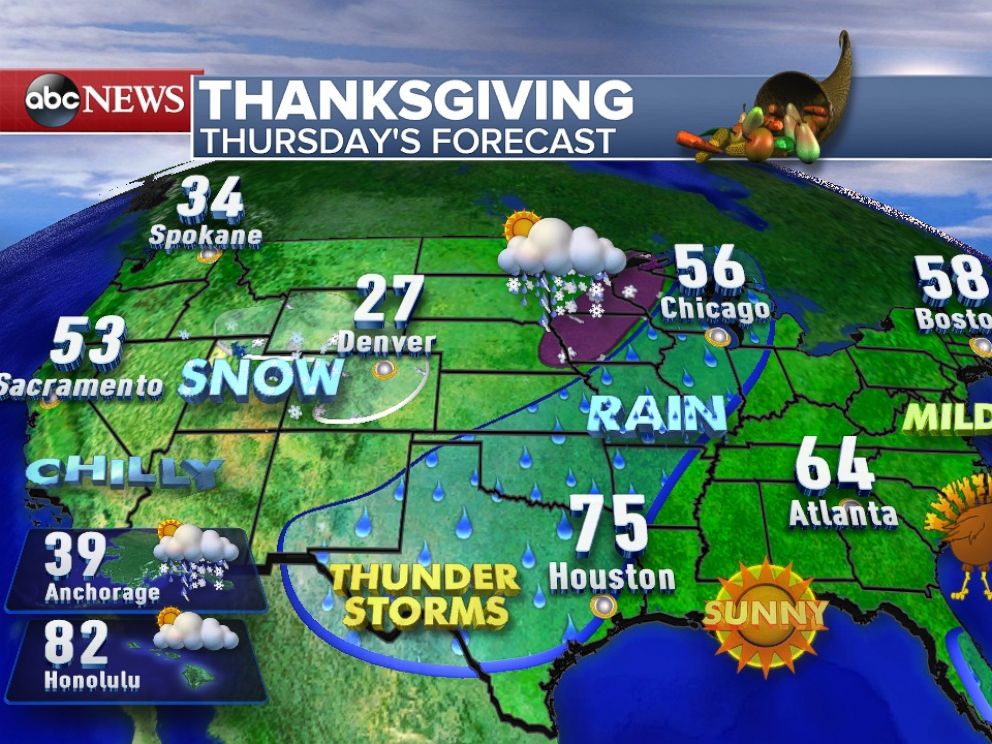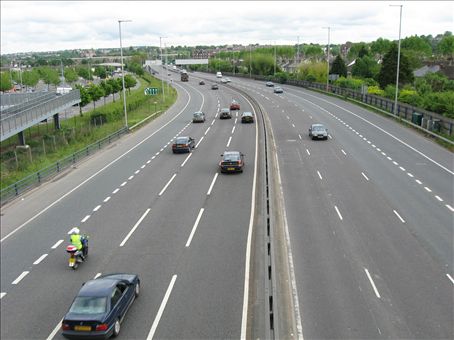Modals
Educall Language Academy
Modals are like auxiliary verbs. They come between the subject and the main verb and express many different ideas or perform different functions. Modals do not change according to subject (except for “ have / need to “) and the verb after them is in the base form :
| SUBJECT | MODAL | VERB CLAUSE |
| I | can | drive. |
| He | has to | study. |
| She | could | read and write. |
| It | may/might | rain. |
| We | should/ought to | help them. |
| You | must | believe me. |
| They | will/would | come see us. |
Now, let’s take a closer look at the modals and their use in more detail. Understanding the functions of the modals is key. Pay attention to the functions the modals perform :
REQUESTS
Can I ….. ? / Could I ….. ? / May I …. ? (The first is the most common formula, the other are more formal.)


Can I help you? Could / May I use your pen?


Can I have the steak, please ? Could/May I speak to Ms. Henner?


Could/May I have your name, please? Can I ask you a question?
Can you …..?/Could you …..? / Will you …..?/Would you …..?
- Can you help me, please? Could you please call me later?
- Can you give me directions? Could you show me the way?
- Can you please carry these for me? Could you explain this, please?
- Will/Would you please let me go?
- Mail these letters for me, will/would you?
***CAN is the most common modal verb used in requests, but it sounds informal. When you want to sound formal, you can use the others.
ABILITY
We often use “ CAN (Present / Future) and COULD (Past) “ to talk about ability:



Can you drive a bus? They can’t swim. She can speak several languages.



He could walk when he was two. We could run a mile under two minutes. I could play the guitar many years ago.
*** If you use COULD, this refers to a general period in the past. If you want to refer to some ability on a specific occasion, you should use BE ABLE TO/MANAGE TO:
- Yesterday, my girlfriend and I had a game of tennis. She was able to/managed to beat me although I was the better player.
(Not "she could beat me", but "she couldn’t beat me" would be fine.)
*** You cannot use CAN with other modals, but you can use BE ABLE TO to show ability in different periods or with alternative meanings:
- There is a meeting tomorrow, at four o’clock. Will you be able to attend ?
- Students should be able to speak after a few months of training.
- If you’re having problems with the computer, talk to Alan. He may be able to help you.
Also, in a formal way, it is possible to use be capable of to talk about ability; but this is very formal and mostly seen in technical contexts:
- This super car is capable of reaching 400 kph.
- Are you capable of dealing with the stress at work ?
- I don’t think the suspect is capable of murder.
POSSIBILITY
We often use MAY, MIGHT, and WILL to talk about possibility:


According to the weather forecast, it may / might rain in the evening. It will probably be snowy in January.
*** MAY and MIGHT are very close, but might suggests a low possibility, whereas may indicates a higher one. Will shows the highest possibility among the three of them.
PREDICTIONS
We often use WILL and BE GOING TO when we want to make a prediction:


I will probably go to Morocco next summer. She will certainly/definitely help us. (Obviously, the second sentence is stronger.)
***When we’re almost sure (because there are signs of something at present), it is better and more correct to use BE GOING TO to make a prediction because WILL shows less certainty compared to BE GOING TO :
- Elsa is going to have a baby. (She’s six months pregnant.)
- Look! It’s going to rain. (There are dark clouds in the sky.)
- Watch out! You’re going to fall! (Imminent danger)
MILD NECESSITY / ASKING FOR and GIVING ADVICE
We often use SHOULD for giving and receiving advice and expressing mild necessity (OUGHT TO is also possible, but it’s much less frequent than should):
Jimmy: I have a terrible backache. What do you think I should do?
Mike: I think you should go to the hospital immediately.
Robert: I don’t think you should see a doctor. Just lie down and get some rest.

Saint Petersburg is a wonderful city. You should/ought to see it.
MAKING SUGGESTIONS and OFFERS
Sometimes, we use SHALL with "I and We" to make a suggestion or an offer:
- Let’s go to a basketball game, shall we?
- Shall I help you carry those bags? They look heavy.
- The music is good. Shall we dance?

NECESSITY / OBLIGATION
We often use MUST and HAVE / NEED TO to express these concepts. There is a slight difference between must and have to; the first denotes internal, personal obligation, whereas the latter expresses external, circumstantial obligation:
- Remember, in Britain, you have to drive on the left side of the road.

- There is no public transportation from the airport to the city center; you have/need to take a taxi.
- Do you have to work on weekends?
- It’s getting late. I must go/be going home.
- You must believe what we’re telling you.
- He must study harder to pass his finals.
***MUST does not have a past form, so we use HAD TO to talk about obligation or necessity in the past.
- There was nobody to give me a lift, so I had to walk home.
LACK OF NECESSITY / OBLIGATION
When there is no necessity or obligation, we use DO/DOES NOT HAVE TO or DO/DOES NOT NEED TO to express this idea:
- You don’t have to babysit tonight, I’ll take care of the baby.

- Studying a foreign language at school is not compulsory, so he doesn’t have to take English classes.
*** Do not use MUST NOT in this sense because it expresses prohibition:
They don’t have to attend the meeting. - attendance is completely optional.
(If you say "They mustn’t attend the meeting.", this means that they are barred from attending - their attendance is not desired, acceptable or legal.)
PROHIBITION
To express prohibition, you can use MUST NOT/CANNOT/BE NOT ALLOWED, PERMITTED TO:

This is a non-smoking area. You mustn’t/can’t smoke in here.
(You aren’t allowed/permitted to smoke in this area.)
*** Do not use DO/DOES NOT HAVE TO in this sense because it expresses lack of obligation, not prohibition.
DEDUCTION
You can use MUST and CAN’T to make deductions:
A: You’ve been working all day. You must be tired.
B: You bet I am! I’m exhausted!
A: Who’s that in the office? Josephine?
B: That can’t be her. She’s gone to Denmark.
PAST FORMS OF THE MODALS (MODAL PERFECT)
STRUCTURE: SUBJECT+MODAL+HAVE+VERB (3)
- I didn’t know you were coming to my visit. You should have called beforehand. (You were supposed to give me a call, but you didn’t.) >> usually expresses regrets
- I don’t have my wallet with me. I must have left it at my desk. (MAY/MIGHT are also possible here, but they would express less certainty.) >> guessing about the past
- You drove dangerously fast coming over here. You could have killed us. (It was very likely for us to have an accident because you drove really fast.) >> possibility in the past
- Megan can’t have graduated from university, she’s only 15 ! (It is very unlikely that she graduated from university because of her young age.) >> impossibility in the past